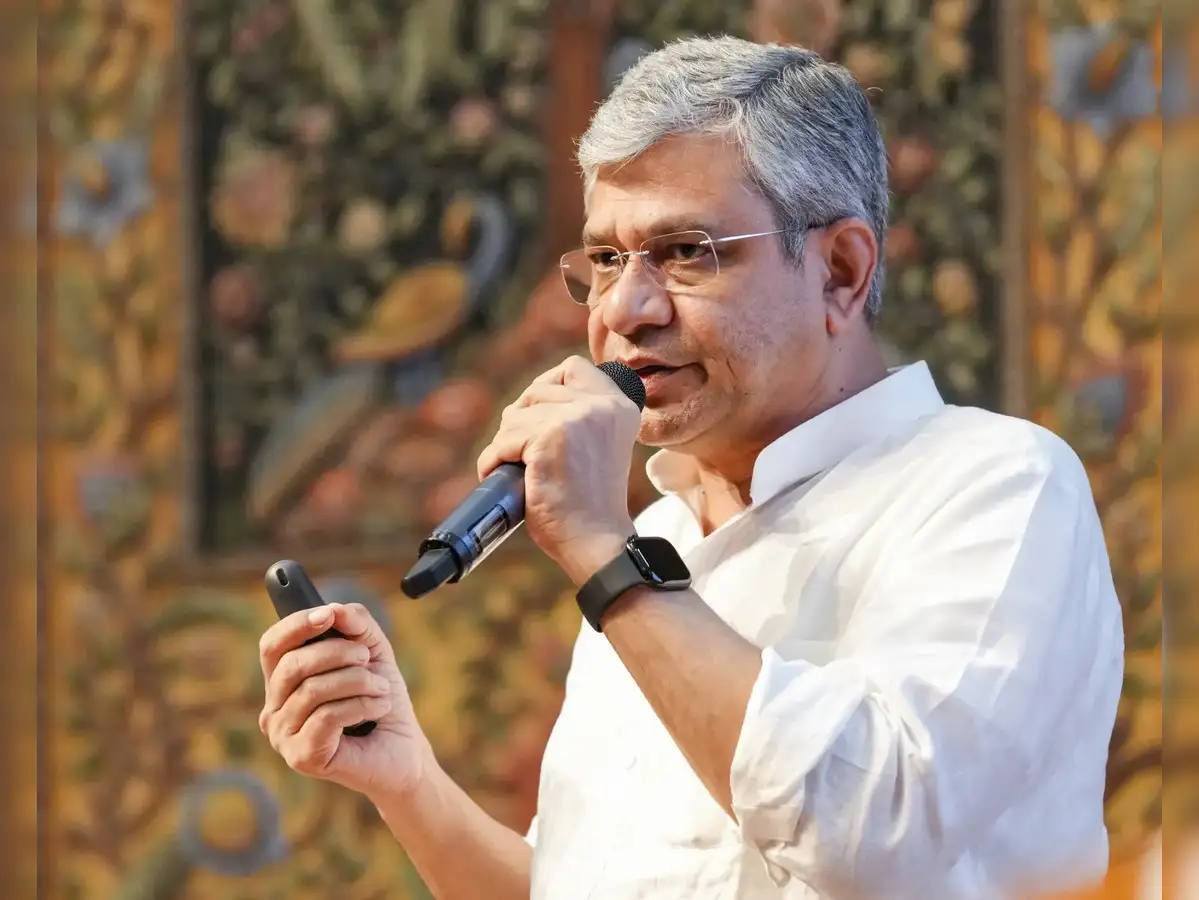

India is steadily strengthening its electronics manufacturing capabilities and is well-positioned to maintain its growth trajectory despite recent challenges, including the recall of Chinese engineers by Apple supplier Foxconn. This is according to Union Minister for Electronics and IT, Ashwini Vaishnaw. Vaishnaw expressed confidence in India's ability to overcome these hurdles and sustain its growth momentum, emphasizing the country's conscious efforts to develop key manufacturing skills and supply chains.
Vaishnaw highlighted that India has been actively building its electronics ecosystem in a "very methodical and sustained way". Over the past three to four years, the nation has focused on developing core manufacturing skills and supply chains, encompassing nearly 1,000 components that go into a mobile phone. This strategic approach aims to reduce reliance on external support and foster self-reliance in electronics manufacturing.
The minister's remarks come in response to reports that Foxconn, a major Apple supplier, has recalled over 300 Chinese engineers and technicians from its iPhone assembly facilities in India. This move, allegedly driven by the Chinese government's directives to restrict the outflow of technology and skilled personnel, has raised concerns about potential disruptions to iPhone production and the training of local Indian workers.
Vaishnaw downplayed the dependence on Chinese personnel, stating that support is coming from various countries, including Taiwan, the US, and South Korea, in addition to Indian engineers. He emphasized that India possesses significant capabilities, especially in design. To mitigate the impact of the Foxconn recall, Taiwanese staff are reportedly stepping in to fill the talent gap, highlighting the challenges of supply chain diversification amid geopolitical uncertainties.
India's electronics sector is currently valued at around $145 billion and is experiencing a compound annual growth rate (CAGR) of 20%. The government is actively supporting this expansion through initiatives like the Rs 76,000 crore India Semiconductor Mission and the Rs 23,000 crore components incentive programme. These initiatives aim to create a conducive environment for electronics manufacturing and attract investments in the sector.
Several developments are underway to bolster India's electronics manufacturing capabilities. Tata Electronics is establishing a chip assembly facility in Assam to cater to global telecom companies, while Micron is setting up a unit in Gujarat to produce memory chips. Additionally, a CG plant in Gujarat will handle power electronics manufacturing. Foxconn itself has recently set up a new unit in Oragadam, Tamil Nadu, and invested $2.56 billion in its Devanahalli plant, with the goal of producing 100,000 iPhones by December.
India has already exceeded the 20% mark in value addition in electronics manufacturing within the last six to seven years. Vaishnaw stated that India is on track to surpass 30% in the next two to three years, with a reasonable target of reaching 38% within the next five years. Currently, China leads in value addition in electronics manufacturing with 38%. By enhancing its domestic capabilities and attracting international support, India aims to reduce its reliance on China and strengthen its position as a global electronics manufacturing hub.
In line with this vision, Vaishnaw stressed the importance of complete self-reliance in electronics and manufacturing to shield India from external shocks. He asserted that India must develop capabilities in "every machine, every component" and manufacture them domestically to withstand geopolitical uncertainties. This strategic push towards self-reliance and value addition will enable India to sustain its iPhone growth and establish a robust electronics manufacturing ecosystem.